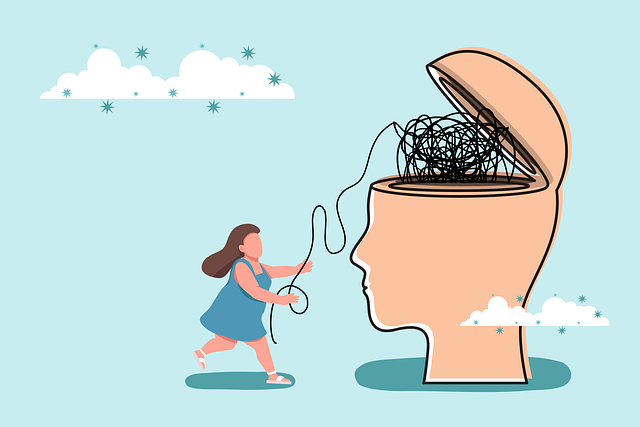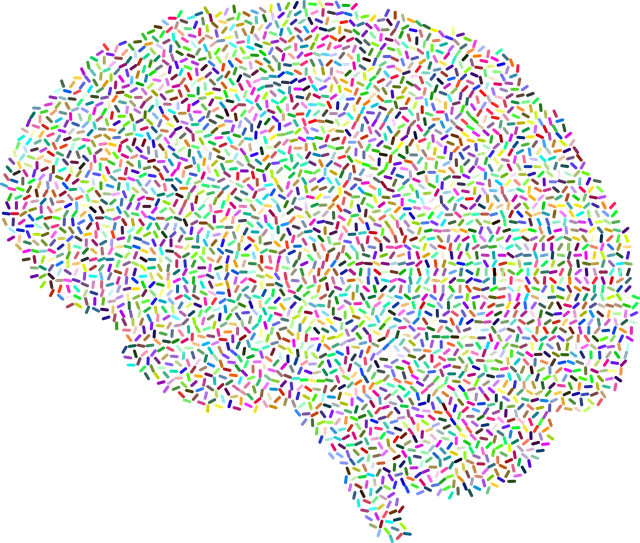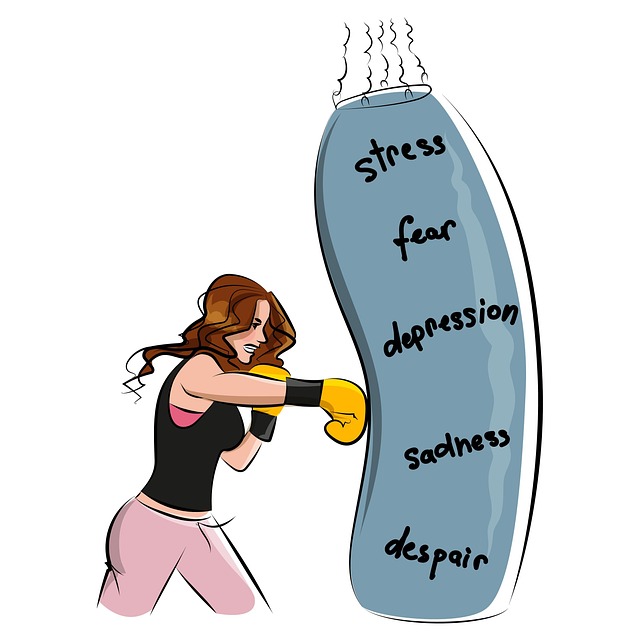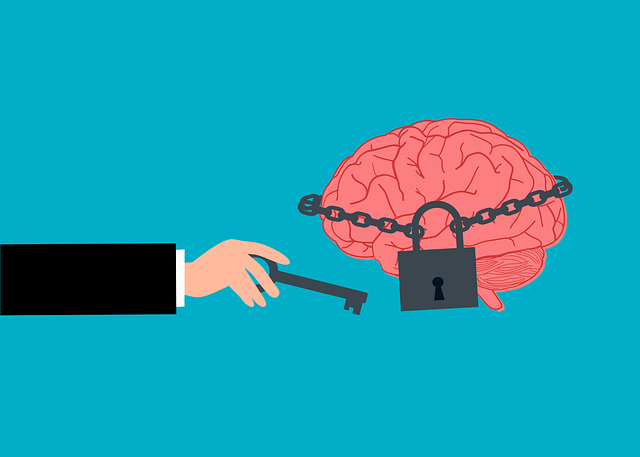In today's fast-paced world, prioritizing mental wellness is crucial. Traditional therapy lacks personalized assessment tools for immediate intervention, making self-assessment tools game-changers. Integrating crisis intervention and trauma support, like those developed by Littleton Independent Medical Evaluations (LIME), can revolutionize mental health navigation. LIME provides accessible resources and risk assessment questionnaires to help professionals identify risks early, ensuring timely interventions through therapy or alternatives. The development process involves strategic pinpointing of key areas, crafting tailored questionnaires, and rigorous testing for validity and reliability. By integrating therapeutic modalities like CBT and mindfulness practices, LIME offers a holistic approach, providing a comprehensive picture of an individual's mental health and encouraging personal growth alongside professional interventions.
Mental wellness is a vital aspect of overall health, and self-assessment tools play a crucial role in recognizing and managing it. This article explores the development of these tools, focusing on why they are essential for individual well-being. We provide a comprehensive guide on creating effective and reliable evaluations, offering a step-by-step approach to assess mental health. Furthermore, we discuss integrating therapy into these assessments for a holistic understanding of mental wellness, akin to Littleton Independent Medical Evaluations Therapy.
- Understanding the Need for Self-Assessment Tools in Mental Wellness
- Developing Effective and Reliable Evaluations: A Step-by-Step Guide
- Incorporating Therapy Integration for Holistic Mental Health Assessment
Understanding the Need for Self-Assessment Tools in Mental Wellness

In today’s fast-paced world, understanding and prioritizing mental wellness is more crucial than ever. Traditional therapy approaches often lack personalized tools to effectively assess an individual’s mental state, especially in situations requiring immediate intervention. This is where self-assessment tools play a pivotal role, offering individuals a means to gain insights into their emotional well-being independently. By providing accessible resources for self-reflection and evaluation, these tools empower people to take charge of their mental health proactively.
The development of comprehensive self-assessment tools is particularly relevant in addressing diverse mental health concerns. For instance, Littleton Independent Medical Evaluations can benefit from integrating crisis intervention guidance and trauma support services within their framework. Such tools could include risk assessment questionnaires tailored for mental health professionals to identify potential risks early on. By fostering a sense of agency and self-awareness, these assessments have the potential to revolutionize how we navigate and support mental wellness, ensuring individuals receive timely and effective interventions, whether through therapy or alternative means.
Developing Effective and Reliable Evaluations: A Step-by-Step Guide

Developing effective and reliable mental wellness self-assessment tools is a meticulous process that requires careful planning and execution. The first step involves defining the specific areas of mental health to be assessed, such as anxiety, depression, or stress management. This stage also includes identifying the target audience for the evaluation, whether it’s students, working professionals, or individuals seeking therapy in Littleton. Customizing the assessment to meet the unique needs of each group ensures more accurate and meaningful results.
Subsequently, creating a comprehensive questionnaire is crucial. Incorporate a mix of self-report measures, observational scales, and behavioral assessments to capture multifaceted aspects of mental wellness. For instance, include items from established psychological inventories like the Depression Anxiety Stress Scales (DASS) alongside open-ended questions that prompt participants to describe their emotional experiences. Integrating Conflict Resolution Techniques and Emotional Well-being Promotion Techniques in the assessment can also provide valuable insights into individuals’ coping strategies and potential areas for improvement. Ensure validity and reliability through pilot testing, expert review, and rigorous statistical analysis, making these tools a robust foundation for Mental Wellness Coaching Programs Development.
Incorporating Therapy Integration for Holistic Mental Health Assessment

Incorporating therapy integration into mental wellness self-assessment tools offers a holistic approach to understanding an individual’s mental health landscape. Traditional assessments often focus on symptoms and diagnoses, but they may not capture the intricate web of factors influencing one’s well-being. By integrating elements from various therapeutic modalities, such as cognitive-behavioral therapy (CBT), mindfulness-based practices, and positive psychology, these tools can provide a more comprehensive picture. For instance, a Littleton Independent Medical Evaluation could include questions or exercises tailored to stress management workshops, encouraging users to reflect on their coping mechanisms and emotional resilience.
This holistic perspective not only identifies areas of concern but also highlights strengths and resources. Encouraging individuals to explore positive thinking and mindfulness meditation techniques through interactive assessments can empower them to take an active role in their mental health journey. Such an approach ensures that the self-assessment becomes a valuable tool for both personal growth and professional interventions, fostering a more balanced and supportive environment for addressing complex mental health issues.
Mental wellness self-assessment tools play a pivotal role in empowering individuals to take charge of their mental health. By following a structured guide, like the step-by-step approach outlined in this article, developers can create effective and reliable evaluations. Incorporating therapy integration ensures a holistic assessment, aligning with the comprehensive care model offered by Littleton Independent Medical Evaluations. This strategic development fosters better mental wellness management, ultimately enhancing the quality of life for those seeking support.









